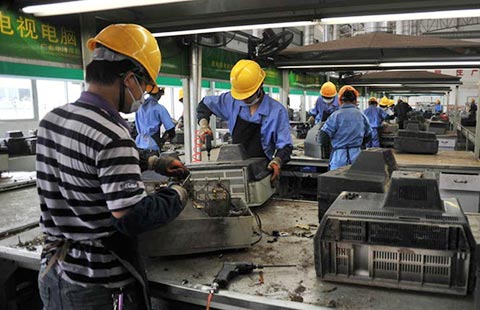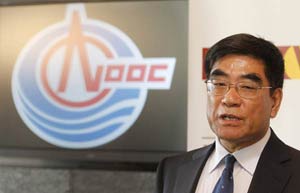China names 6 SOEs for pilot reforms
(Xinhua) Updated: 2014-07-15 16:17Echoing Peng, Li Jin, chief researcher at the China Enterprise Research Institute, hailed the announcement as a "major step in breaking the stalemate surrounding SOE reform at the national level, on which a consensus is yet to be reached among all decision-makers."
The unveiling of the list also came as when many local authorities have rolled out SOE reform plans but the central authorities are yet to unveil a nationwide reform program.
The source told Xinhua that big differences remain about what shape the reform plan should take.
While some people want to push the reform forcefully, other people "hope to maintain the status quo so as to mitigate economic slowdown and avoid possible "turbulence" in SOEs," the source said.
"Some SOEs want to push forward the reform prudently only after the central authorities have finished the 'top-level design,' he added.
Differences also exist at the top level, with ministries involved in the overhaul finding it difficult to agree on the plans "due to their different perspectives."
Taking the establishment of the state-owned asset investment company as an example, related sides are still at odds with each on whether to base it on Temasek, the investment company owned by the Singaporean government, or on China's own Central Huijin, said Peng Jianguo.
In Peng's view, neither model is suitable, and China should "blaze a new path through piloting which is suited to China's national conditions and the peculiarities of China's SOEs."
In response to concerns about the substance of the pilot reforms, Peng Huagang said they would neither be a "potted landscape" just for show nor a source of preferential policies.
The goal is to develop new systems, mechanisms and modes that can be copied elsewhere and provide practice support for deepening SOE reforms nationwide, he explained.
|
 |
 |
| Mountaintop Airport In Guangxi | Top 10 dairy companies in the world |
- Shanghai to benefit from new bank's HQ
- Global firms take diversified path to boost demand
- Coke adds more fizz in China with smog incentives
- Bank of China on a hiring spree in HK
- Services sector offsets gloom in manufacturing
- Govt's car reform to boost domestic brands
- Top 10 Chinese Internet firms with highest revenue
- Xiaomi dialing India for new world of growth
















